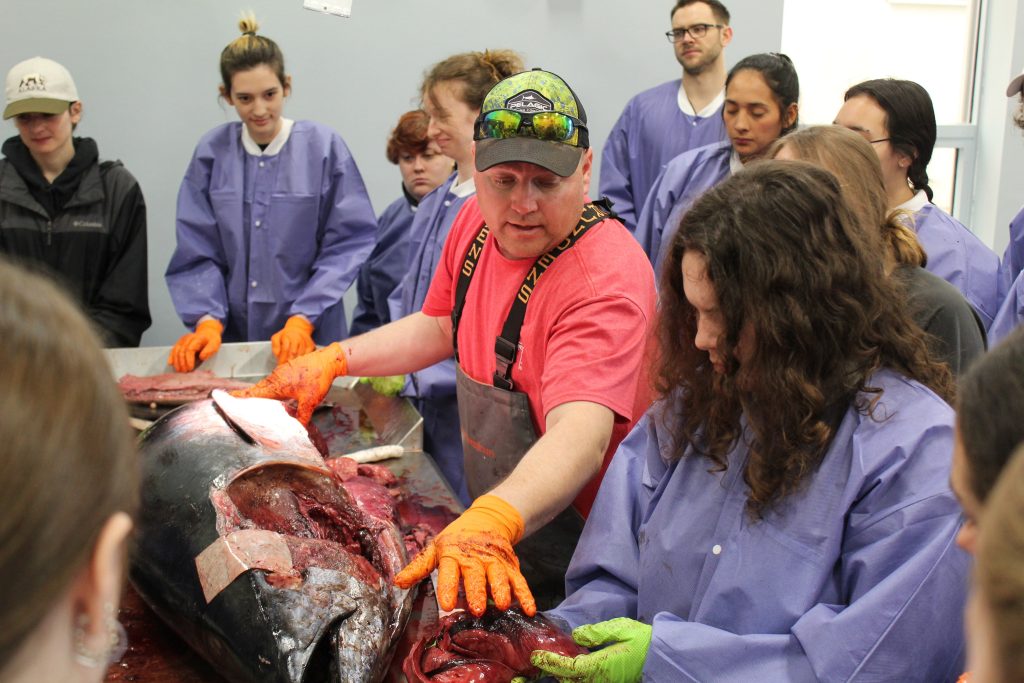School of Marine Sciences Courses
taught by Dr. Walt Golet

Dr. Walter Golet’s teaching philosophy & one of the tenets of the Pelagic Fisheries Lab is experiential learning – learning by doing. Lecture halls certainly have their place in education, but time and time again we hear the one thing students look for throughout their education pathway is a chance to get out in the field, get their hands dirty, and learn the physical aspects of marine science.




Spring Semester courses for Undergraduates
This course covers the taxonomy, phylogeny and diversity of marine fishes, reptiles, birds and mammals. The course will discuss comparative functional morphology, physiology, sensory systems, ecology, behavior and life history strategies in relation to characteristics of the diverse marine habitats occupied by vertebrate animals. Students will also learn about distributions, population trends and impacts of human exploitation. Course will include field trips during class hours and on weekends. Course will hold an optional Saturday dissection to gain hands-on experience.
A comprehensive course in evolution, morphology, physiology, life histories, and ecology of fishes. Emphasis will be integrating knowledge of functional and physiological design to understand how fish function and how they have adapted to diverse environments. Course will include field trips during class hours and on weekends. Course will hold an optional Saturday dissection to gain hands-on experience.
Summer courses for Undergraduates
Sharks and their relatives are of major importance to the oceans, not only as apex predators but as indicators of the ocean’s general health. This course is designed to combine traditional classroom and laboratory techniques with applied, experiential learning methods. Students taking this course explore the evolutionary record, anatomy, and histology of sharks while gaining hands-on field experience offshore learning about fishing methods and research techniques in movement ecology.
In this course students will…
During the summer, Dr. Golet, through the University of Maine, offers a 3 credit class through a collaboration with the Quahog Bay Conservancy for their summer internship program. While completing their internship at the Quahog Bay Conservancy, student interns participate in a wide variety of marine science modules/experiences where they gain first hand skills in the field. Further, each student intern was asked to choose a conservancy initiative to conduct an independent research project. In between their time on the water or at the oyster farm, the students produced a research paper and provided a formal presentation of their research throughout the summer in mid-August. As part of this class, student interns visited the Pelagic Fisheries Lab a few times to learn the process of sampling Atlantic bluefin tuna and how the tissues we collect are used in the assessment and management of this species and even went offshore with Dr. Golet & Matt Davis, a Marine Resource Scientist II from the Maine Department of Marine Resources, to apply electronic tags to sharks.
Fall Semester courses for Graduate Students
Dr. Walt Golet does not teach a specific course for graduate students, but he holds several guest lectures and/or labs for graduate courses.

